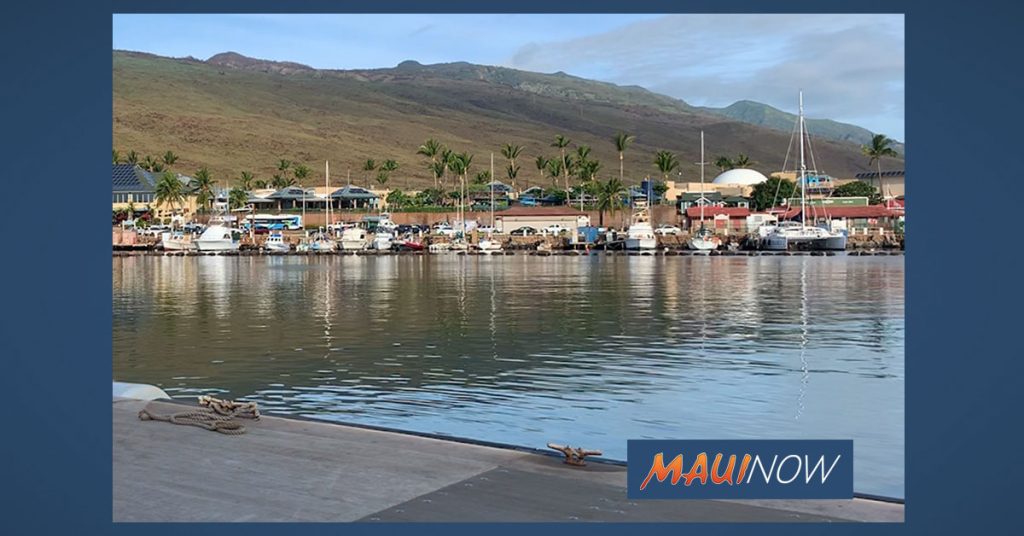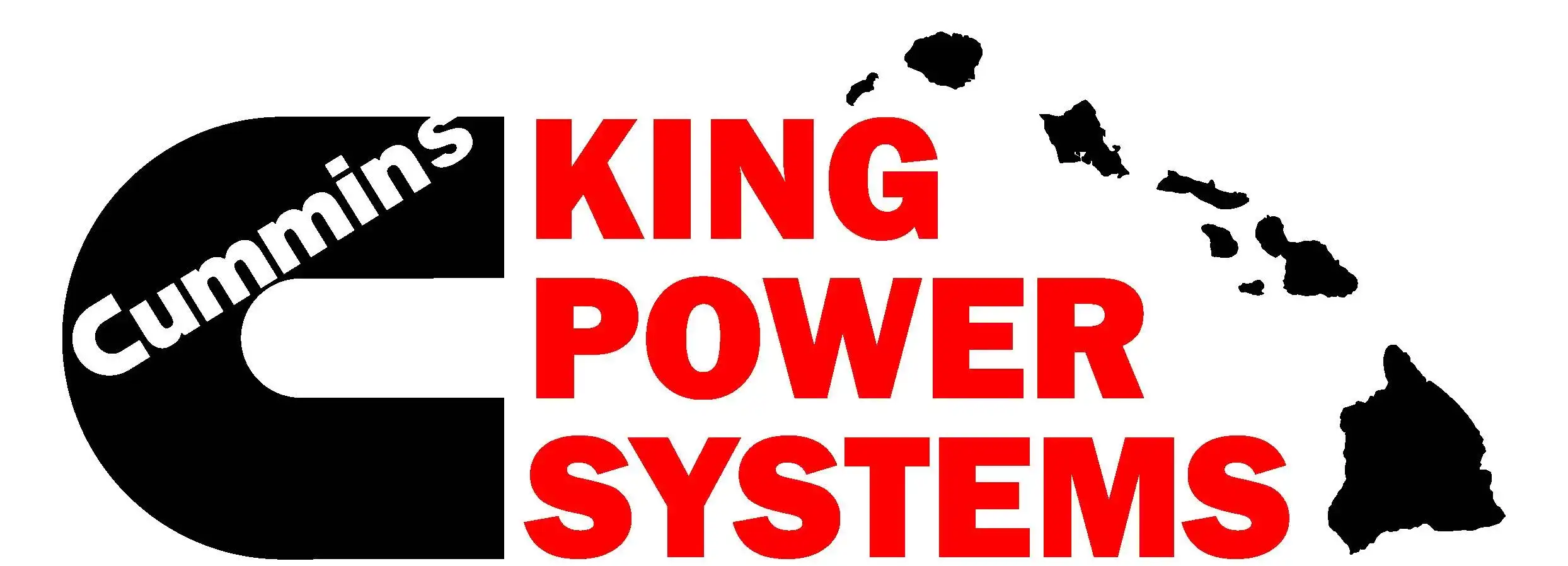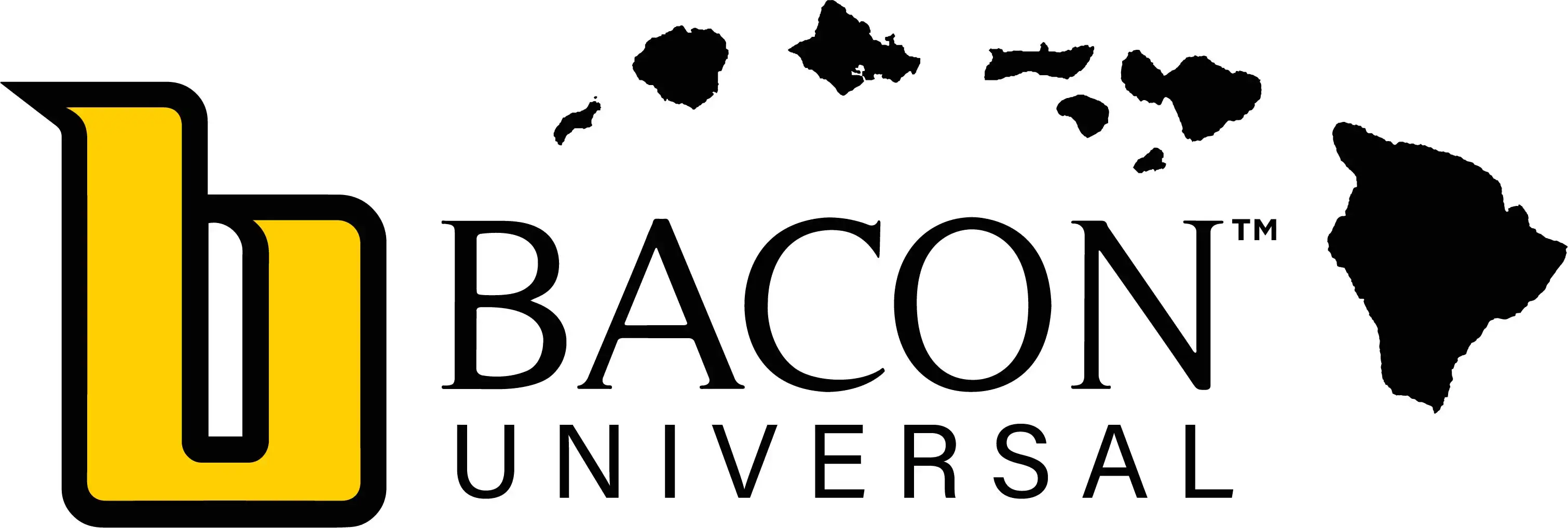Maui Councilmember King proposes funding for wastewater solution in Māʻalaea

Councilmember Kelly Takaya King announced a proposal Wednesday to amend the Maui County Fiscal Year 2023 Budget to include funding for a new Māʻalaea Regional Wastewater Reclamation System.
If approved, the proposed funding of up to $9.5 million will be used to construct a wastewater treatment facility for the Māʻalaea community which she said currently relies on 24 outdated injection wells.
“I have been working with the Māʻalaea community for years to find a solution to their wastewater problems and outdated injection well systems,” King said in a press release announcement. “As we saw with the recent Supreme Court case regarding the injection wells, there is a known connection between what we inject into the ground and what appears in our ocean water. Solutions are needed now to protect and restore our precious marine ecosystem and resources.”
Māʻalaea Small Boat Harbor and Māʻalaea Beach are currently on the State of Hawaiʻi’s list of impaired bodies of water–or “303(d) list,” named after Section 303(d) of the Clean Water Act. Waters are “impaired” when an applicable water quality standard is not being attained, according to the US Environmental Protection Agency website cited by King. In an online waterbody report, the EPA states Māʻalaea Beach exceeds acceptable levels of bacteria and nitrates/nitrites.
“Māʻalaea condominiums, businesses, and the state harbor each operate their own treating facilities and injection wells for effluent disposal,” according to written testimony submitted by the Māʻalaea Village Association, supporting this funding. “None of the existing facilities provides more than primary treatment, resulting in high nutrient loads in injection well effluent and contributing to the impaired status of Māʻalaea Bay.”
According to King, a 2019 feasibility study found that sending wastewater from Māʻalaea to a planned County wastewater facility in Waikapū could cost $10.8 million. “With the Waikapū project not expected to complete construction until later this decade, the regional Māʻalaea system is a quicker, cheaper, and more efficient project with a smaller construction footprint,” King said.
“The technologies which have been explored by the Māʻalaea Village Association and its partners shine a light on a new path forward,” said Councilmember King in the press release. “This regional solution, which is modular and can be scaled, is more efficient and less centralized, while treating the water to a reusable standard so it can be recycled. The wastewater will not have to be pumped over extreme distances, and the treated effluent will be used for crops, irrigation, and firebreaks in the community.
“It provides a smart answer to the wastewater, cesspool, and injection well problems which face many of our communities from Maui Meadows to Haʻikū,” she added. “If this project can work for Māʻalaea it can be a model for the rest of the County, State, and world.”
If the County decides to fund, own, and operate the Māʻalaea Regional Wastewater Reclamation System, it can qualify for Clean Water State Revolving Funds, which could provide a zero-to-low-interest loan for the full cost of the facility, according to the council member. King said Congressman Kaialiʻi Kahele, of Hawaiʻi’s 2nd Congressional District which includes Maui and all of Hawaiʻi outside of urban Honolulu, voiced his support for the project’s inclusion in the County’s Fiscal Year 2023 Budget.
“Wastewater infrastructure has been a top priority of mine since the start of my term in Congress. In Maui County, specifically in Māʻalaea, long, overdue upgrades are necessary to improve the aging wastewater infrastructure that directly impacts the health of our communities, livelihoods, economy, and importantly our coastal and marine ecosystems,” said Congressman Kaialiʻi Kahele (HI-02) in the release. “I support Councilmember King’s budget amendment to fund the entire proposed Maʻalaea Regional Wastewater Reclamation System. This is an opportunity for the County of Maui to leverage the historic Bipartisan Infrastructure Law, which provides over $80 million to the Clean Water State Revolving Fund over the next five years. Addressing Maʻalaea’s wastewater challenges can serve as an example of how federal, state, and county government can deliver for our communities and the wellbeing of our environment.”
King thanked Congressman Kahele, the Māʻalaea Village Association, and all the community members who invested time in finding a solution to wastewater problems that wean the County off injection wells. “I ask for further support from the community, my colleagues on the County Council, and Mayor Michael Victorino, so we can make this project a reality and move Maui into the future,” she said.
Fiscal year 2023 begins on July 1, 2022. The Council has until June 10 to pass the budget, and deliberations are ongoing in the Council’s Budget, Finance, and Economic Development Committee.









